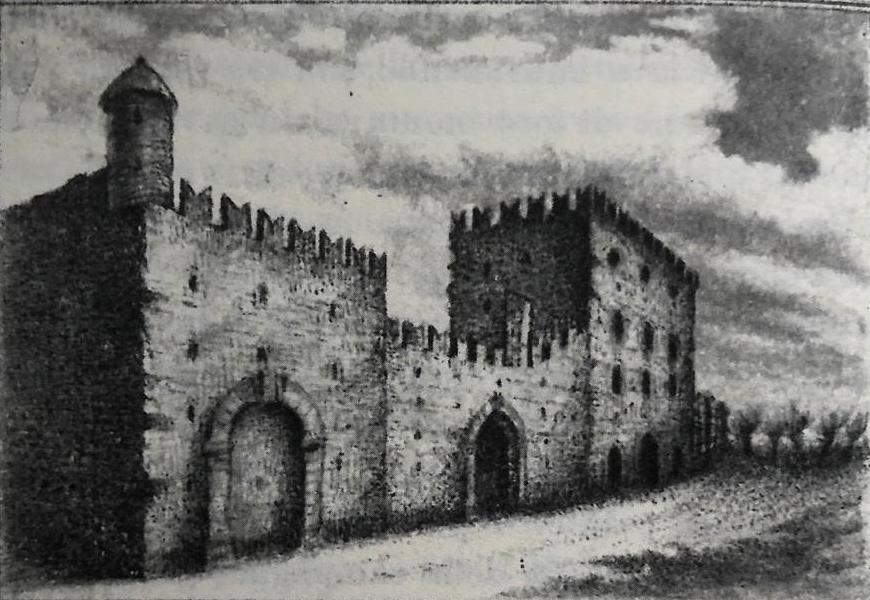It was 1803: the order to demolish the cathedral church of St. Peter (Alessandria) exalted the political project conceived by the First Consul seduced by the Christian religion facing immortality.” The most beautiful day of my life was my First Communion”: the testimony given to the biographer Las Cases by the Corsican General confined to Saint Helena is explosive because Napoleon imposed himself the title of Emperor removing the crown from the hands of Pope Pius VII.
Was the routine on the countryside adjacent to the confluence of Tanaro and Bormida disrupted by the nodal triumph of Napoleon Bonaparte in Marengo? The book “Alexandria of Marengo” can solve the puzzle and reveal the daily life experienced by the population confused by the grandiose story. Thursday 12 at 5 pm the Marengo auditorium will host the authors Piercarlo Fabbio and Piero Teseo Sassi.
The dialogue based on the literary work of five hundred pages preserves the stories of illiteracy and misery accentuated by the activity of farmers dedicated to silkworm farming on the plain invaded by two million mulberries and the sad story of nurses and midwives forced to breastfeed the newborn of wealthy dynasties instead of the child to ensure economic subsistence to the entire family.
Extreme poverty stimulated conscription to arms and the carcass of robust animals fallen on the battlefield offered new recipes for gastronomy: ciapilaia (beaten beef and horse) and Angelotu (agnolotti). The entertainment tax was promoted by the Napoleonic regime to remove the militias from the mercenary armigeries.
The literary work is enriched by the inspiration attributed to the painter Franco Sassi (Alessandria, 28 February 1912 – 11 November 1993), by the introduction of Gianfranco Cuttica di Revigliasco and thanks to the contribution of Mauro Remotti.
The talk joined to the event “Thursday at Marengo” is promoted by the Province of Alexandria along with editions Sisifo and Cathedra Alexandriae constituted by MCL (Christian Workers Movement) and the ethnographic museum Gambarina to spread the history of Alessandria also supported by the cultural power of Marengo.
